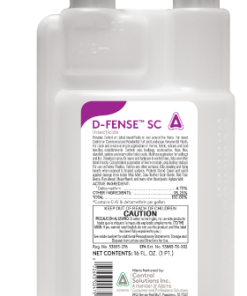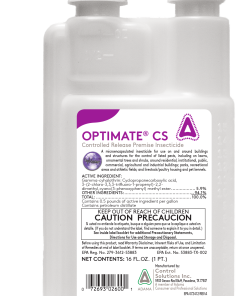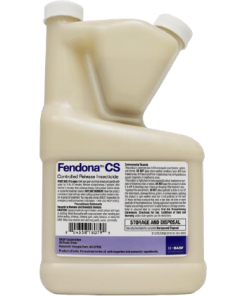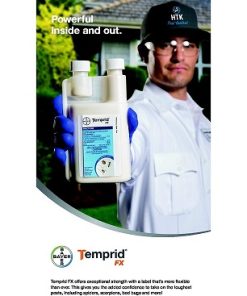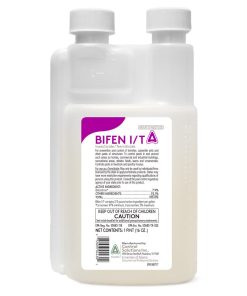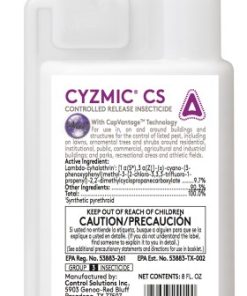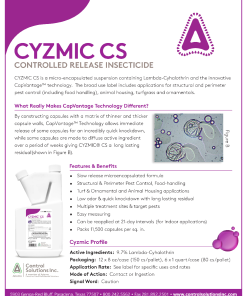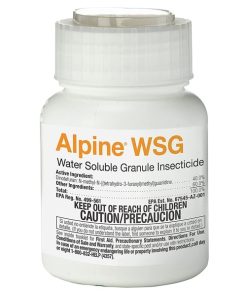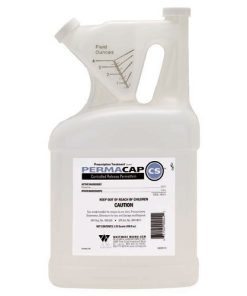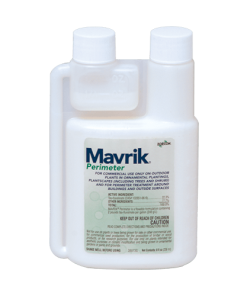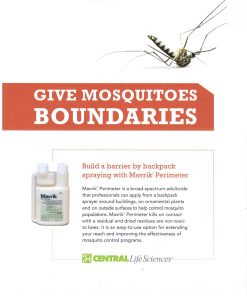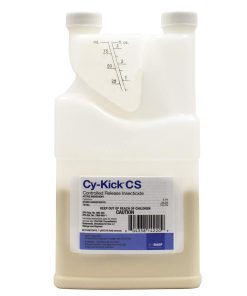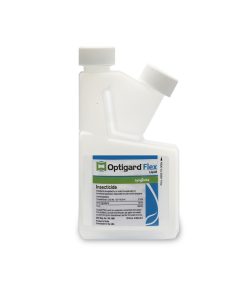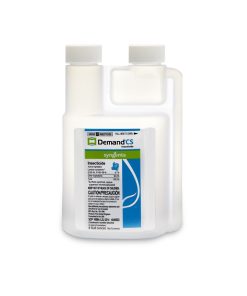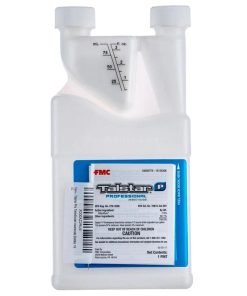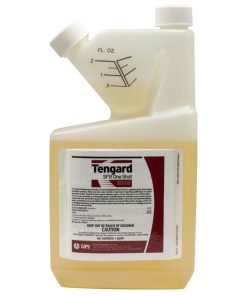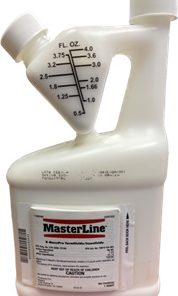aphid control
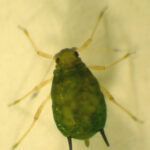
Aphids are common garden pests. They are small, pear-shaped insects recognized by their “cornicles” which resemble dual tailpipes. These tiny creatures are represented by hundreds of species and almost as many colors. Although aphid damage is most noticeable on fruit and shade trees, and ornamentals, they also infest flower and vegetable gardens. You will find aphid colonies on the undersides of leaves and the tips of branches or new growth.Aphids damage plants by sucking the sap from the leaves, twigs, stems or roots. They sometimes transmit plant diseases in the process. Leaves attacked by aphids have spotty yellow discolorations, usually on the undersides; the leaves may later dry out and wilt or curl. Some species of aphids form galls – swellings of plant tissues that are globular or spindle-shaped. The galls, which often turn brown, contain many aphids in all stages of development.
Do you see a clear, shiny sap on the top of the lower leaves on your plants? Many aphid species produce large amounts of honeydew, a sweet and sticky sap. The honeydew will accumulate on anything found under infested trees or plants (such as your car!). Because of its sweetness, the honeydew will attract other pests such as ants, flies and wasps. Eliminating the aphids can often help aid the management of problem ants.
Control
Systemic insecticides that translocate through the plant are an excellent choice. Check out Optigard from Syngenta or Merit from Bayer Environmental Science. Or, go with a great residual insecticide such as Tempo, Talstar or Suspend SC. These odorless concentrates are mixed with water and applied with a pump sprayer.
These are great products to use when you have large areas to treat and need something which works well so you don’t have to constantly retreat with something like an insecticidal soap. Use these products outside of the home on just about any plant or tree as well as around the home for general pest control. Check product labels for more details. When using these products, as with all insecticides, take steps to minimize exposure to bees and other insect pollinators when they are foraging on pollinator attractive plants around the application site.
Insecticide Concentrates for Aphids
– These concentrates are mixed with water and used in a compressed hand held sprayer to make your application.
Spray Concentrates
Spray Concentrates
Spray Concentrates
Spray Concentrates
Spray Concentrates
Spray Concentrates
Spray Concentrates
Cyzmic CS Micro encapsulated insecticide 8 oz. (Same as Demand CS)
Spray Concentrates
Spray Concentrates
Spray Concentrates
Spray Concentrates
Spray Concentrates
Spray Concentrates
Spray Concentrates
Spray Concentrates
Spray Concentrates
Spray Concentrates
Spray Concentrates

